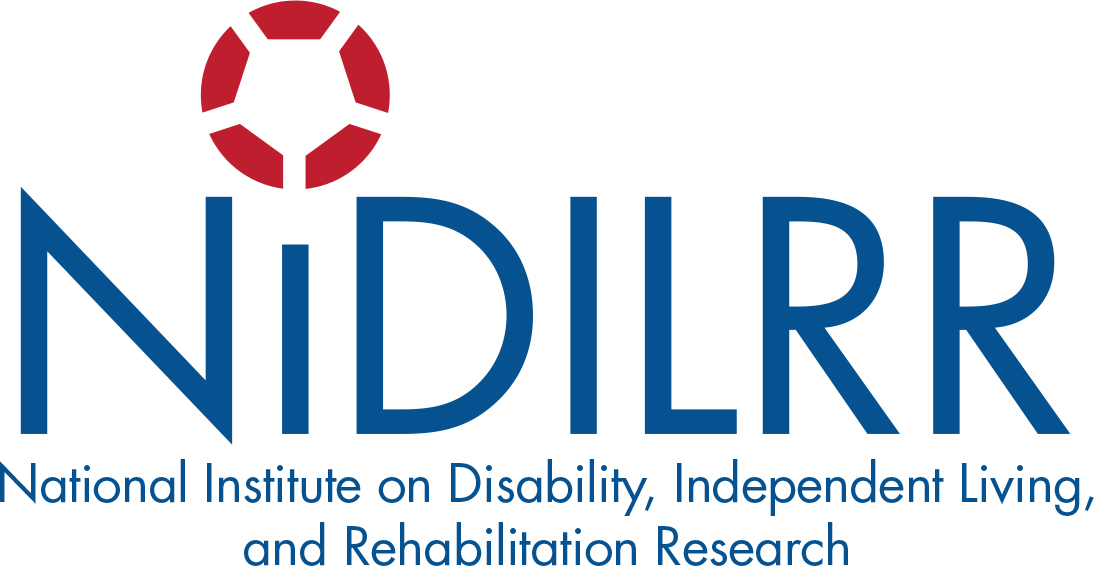TBI Recursos en Español (TBI Resources in Spanish)
The UAB-TBIMS offers insormation developed through a collaboration between the Model Systems Knowledge Translation Center (sitio web disponible en español) and the TBI Model Systems of Care. These fact sheets are written for consumers.
Entender la lesión cerebral traumática: Parte 3 - El proceso de recuperación
Comprensión y afrontamiento de la irritabilidad, la ira y la agresión después de una LCT
Ser padre con una lesión cerebral traumática
Manejo del estrés para cuidadores de personas con lesión cerebral traumática
Cambios de conducta tras una lesión cerebral traumática moderada o grave
Recuperación de una conmoción cerebral
Habilidades sociales tras una lesión cerebral traumática
El sueño y las lesiones cerebrales traumáticas
Apnea obstructiva del sueño y lesión cerebral traumática
Problemas de visión tras una lesión cerebral traumática (LCT)
Las relaciones de pareja después de una lesión cerebral traumática
Lesión cerebral traumática y rehabilitación ambulatoria aguda
La memoria y la lesión cerebral traumática entre moderada y grave
Mantenerse saludable después de una LCT
Lesión cerebral traumática y dolor crónico: Parte 1
Lesión cerebral traumática y dolor crónico: Parte 2
Problemas cognitivos después de una lesión cerebral traumática
El conducir después de una lesión cerebral traumática
Cambios emocionales tras una lesión cerebral traumática
Fatiga y las lesiones cerebrales traumáticas
Dolores de cabeza después de una lesión cerebral traumática
El retorno a la escuela después de una lesión cerebral traumática
Convulsiones después de una lesión cerebral traumática
Información sobre el estado vegetativo y de mínima consciencia después de una lesión cerebral grave
El consumo de alcohol después de una lesión cerebral traumática
Los problemas del equilibrio después de una lesión cerebral traumática
La depresión después de una lesión cerebral traumática
La sexualidad después de una lesión cerebral traumática
La pérdida del olfato o del gusto después de una lesión cerebral traumática
La espasticidad y la lesión cerebral traumática
MEDLINEplus: Head and Brain Injuries This easy to use website of the National Library of Medicine provides links to articles, research reports, and organizations covering various aspects of head and brain injuries. Some information is available in Spanish.
Traumatismo cerebral: Esperanza en la investigación del Instituto Nacional de Trastornos Neurológicos y Accidentes Cerebrovasculares de los Institutos Nacionales de Salud (Traumatic Brain Injury: Hope for Research from the National Institute of Neurological Disorders and Stroke, National Institutes of Health)
Atención: Conmoción Cerebral en el Deporte Juvenil de los Centros para el Control y Prevención de Enfermedades (CDC) y la Asociación Americana de Trauma Cerebral (Heads Up to Youth Sports from the Centers for Disease Control and Prevention and the Brain Injury Association of America)
Entender Lesión Cerebral: Guía para los Empleadores De la Clínica Mayo ha preparado un folleto de 28 páginas para los empleadores para ayudar a un empleado con una discapacidad a lograr el éxito profesional. (Understanding Brain Injury: Guide for Employers (PDF) Mayo Clinic has prepared a 28-page booklet for employers to help an employee with a disability achieve vocational success.)
